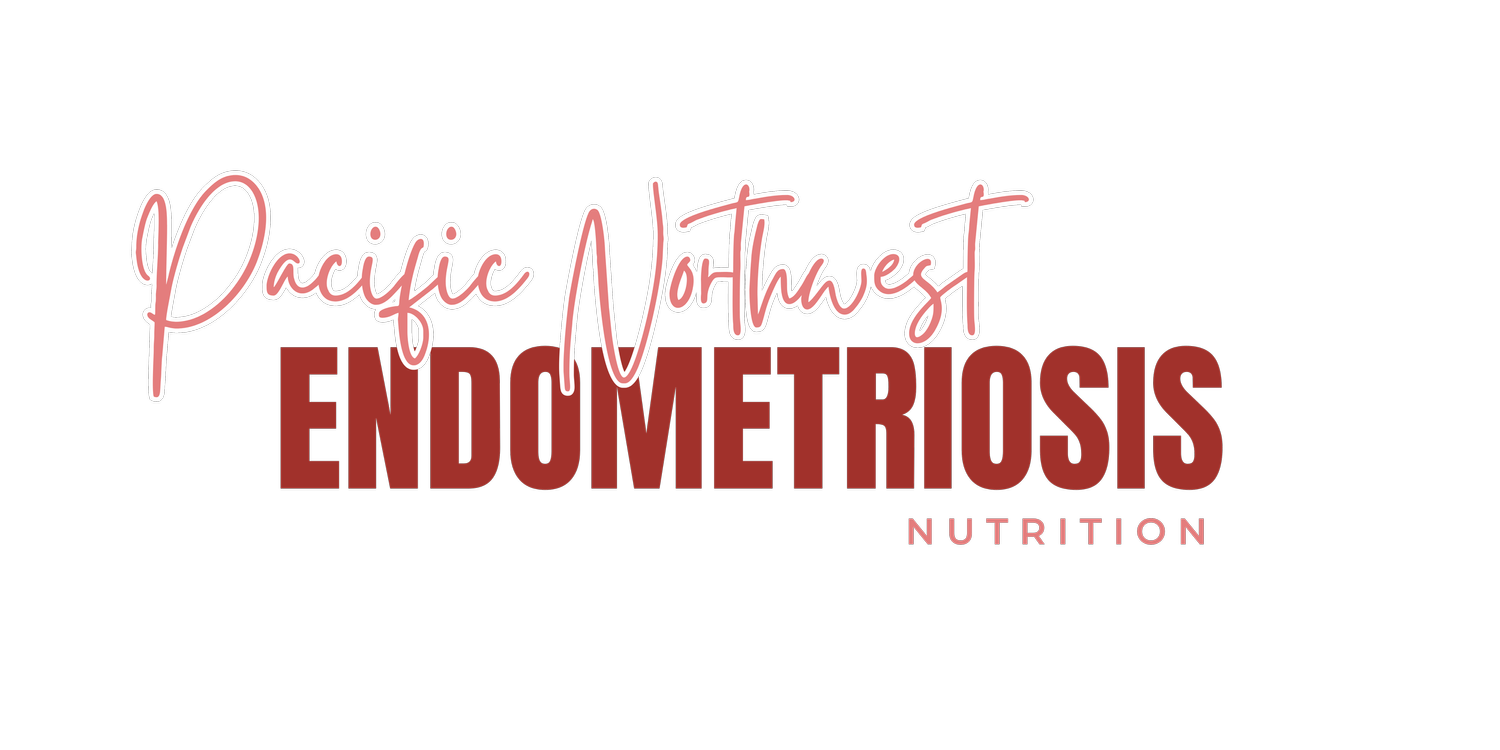Dehydration and Fertility Treatment: What You Need to Know About Staying Hydrated Through IVF
As a Seattle-based registered dietitian specializing in fertility and endometriosis, I see countless amazing women on their journeys to parenthood. Many of them choose In Vitro Fertilization (IVF) to help build their families, and a common challenge they encounter is dehydration during fertility treatment.
Staying hydrated is crucial for optimal health, but it becomes even more critical when undergoing fertility treatment. Dehydration can impact your overall well-being and potentially hinder your IVF success. Let's explore why this is the case.
Understanding Ovarian Hyperstimulation Syndrome (OHSS)
During IVF, medications stimulate your ovaries to produce multiple mature eggs. While this is the desired outcome, sometimes this overstimulation leads to a condition called Ovarian Hyperstimulation Syndrome (OHSS). OHSS can cause your ovaries to swell and leak fluid into your abdomen, thorax (chest), and even around your heart.
Symptoms of OHSS can range from mild bloating and discomfort to severe abdominal pain, shortness of breath, and even nausea and vomiting. In rare cases, it can become a life-threatening condition.
How IVF Drugs Affect Fluid Metabolism
The medications used in IVF, particularly follicle-stimulating hormone (FSH) and luteinizing hormone (LH) analogs, can disrupt your body's natural fluid balance. These medications increase blood vessel permeability, causing them to leak more fluid [1]. Blood vessel permeability, combined with the increased protein production in the ovaries during stimulation, can lead to fluid accumulation and the development of OHSS.
Dehydration During Fertility Treatment: Adding Fuel to the Fire
While dehydration isn't the sole cause of OHSS, it can certainly exacerbate the situation. When you're dehydrated, your body holds onto every drop of fluid it can, further contributing to the fluid buildup associated with OHSS. The fluid can worsen symptoms, including bloating, nausea, headaches, and reduced urine output.
Staying Hydrated During IVF: Your Arsenal of Options
Knowing the importance of staying hydrated during IVF, the question becomes: how much should you drink, and what are the best options?
Here are some strategies to keep you well-hydrated throughout your IVF journey:
Know Your Needs: Your fluid needs will vary depending on body size, activity level, and climate. However, aiming for around 3 liters (100 ounces) of fluids daily is a good starting point.
Listen to Your Body: While there's a target amount, thirst is still your best guide. Be sure to reach for a drink before feeling parched or experiencing headaches and dizziness. Consistent, small sips throughout the day are better than gulping down large amounts at once.
During this time, opt for electrolytes: Plain water is excellent, but incorporating other hydrating beverages can add variety and replenish electrolytes.
Electrolyte beverage options (consider using lower sugar or sugar-free options if tolerated):
Liquid IV
Propel
LMNT
Gatorade
Powerade
Pedialyte
Nuun
Electrolytes: What They Are and Why They Matter for IVF
Electrolytes are minerals that help regulate various bodily functions, including fluid balance, muscle function, and nerve transmission. Some essential electrolytes for hydration include sodium, potassium, calcium, and magnesium.
During IVF, particularly if you're experiencing OHSS symptoms like bloating, headaches, dizziness, nausea, or diarrhea, you can lose electrolytes through sweat and other bodily fluids. Replenishing them becomes essential to maintain proper hydration and prevent further complications [2].
Hydration Tips for Everyday:
Carry a Reusable Water Bottle: A readily available water bottle is a constant reminder to sip throughout the day.
Spice Up Your Water: Add slices of cucumber, lemon, or berries to naturally infuse your water with flavor.
Eat Fruits and Veggies: Many fruits and vegetables, like watermelon, cucumber, and leafy greens, have high water content. Snacking on these can contribute to your daily fluid intake.
Download a Hydration App: There are several hydration apps available that can track your water intake and send you reminders to drink.
Limit Dehydrating Beverages: It's best to limit or completely avoid alcohol and caffeinated beverages now, as they can worsen your dehydration.
Remember: Don't hesitate to discuss your needs with your doctor or fertility specialist. They can provide personalized advice based on your specific situation and medical history.
Final Note: Prioritizing Your Well-being
Going through fertility treatment can be stressful, exhausting, and emotional. Staying hydrated during IVF is essential to feeling well during this challenging time. To minimize medication side effects, prioritize rest, gentle exercise, and nourishing your body.
Optimize Your Fertility and Pregnancy Through Nutrition
I'm Sarah, a registered dietitian in Seattle, WA, specializing in endometriosis, fertility, and pregnancy. I help people improve their chances of fertility through non-restrictive nutrition and lifestyle changes. I support clients who are considering getting pregnant through their pregnancy and the postpartum period.
Are you looking for more information about the essential nutrients for boosting your fertility? Check out this article.
This blog is intended to educate and inform and does not replace medical advice or nutrition therapy.
Sources:
Banker M, Garcia-Velasco JA. Revisiting ovarian hyper stimulation syndrome: Towards OHSS free clinic. J Hum Reprod Sci. 2015 Jan-Mar;8(1):13-7. doi: 10.4103/0974-1208.153120. PMID: 25838743; PMCID: PMC4381376.
Delvigne A, Rozenberg S. Epidemiology and prevention of ovarian hyperstimulation syndrome (OHSS): a review. Hum Reprod Update. 2002 Nov-Dec;8(6):559-77. doi: 10.1093/humupd/8.6.559. PMID: 12498425.


